It’s too soon to tell if Donald Trump’s presidency will be good or bad for India, writes Tanvi Madan. The key word for now is “uncertainty.” This piece was originally published in Live Mint.
Will a Donald Trump presidency be good or bad for India? The honest answer: It’s too soon to tell. It will depend on how that presidency shapes up and what India and other countries do in response. The key word for now is “uncertainty”.
Observers will be looking for clarity on (1) the extent to which Trump’s campaign rhetoric will be translated into policy; (2) his domestic and foreign policy priorities; (3) policy specifics—including on trade and immigration, which cross the domestic-foreign divide, where his base will want action; (4) Trump’s leadership style and personnel appointments, as well as the relationship between Trump and administration officials and advisers, and among them;(5) the dynamics between the Trump White House and the Republican-led Congress; (6) the extent to which he will change the presidency or it will change him; (7) the level and kind of strategic and economic interest and engagement in the world—will he seek a more limited global engagement based on a narrower definition of American interest and scepticism of allies suggested by campaign rhetoric, moderate the view, or revert to more traditional Republican foreign policies? Which relationships and policies will he care enough about to oversee himself, which will he delegate or even outsource to advisers? (8) The reaction of other countries—will they test Trump or transact with him? (9) The way Trump will react in a crisis.
This comes at a time of global uncertainty, with regional orders in flux and a debate about globalization. It also comes at a critical time for India, which has envisioned the US playing a crucial role in facilitating its rise and ensuring a multipolar Asia. Some potential Trump policies that concern others won’t trouble Delhi, for example, outreach towards Russia or lack of emphasis on human rights. But it will also have to see how some questions are resolved.
First, to India’s east, what approach will Trump take to the Asia-Pacific, particularly towards China and Japan? Trump has promised to be tough on China on the economic front, but has been less clear on the strategic front. During the campaign, the president-elect suggested a reduced or contingent US role in Asia, but some of his advisers have talked about continuing commitment to Asian allies and greater military—especially naval—spending related to this arena.
Second, to India’s west, the Trump administration’s policies towards Afghanistan, Pakistan and Iran. On the latter, he’s called the Iran nuclear deal a “disaster”—will he seek to overturn or renegotiate it or will Syria-related imperatives prevent that? On Pakistan, he has highlighted the danger of nuclear weapons and the presence there of terrorists targeting the US. But he’s also talked about wanting to maintain a relationship with it, declined to take sides on India-Pakistan, and suggested that India could help solve the Pakistan problem (Delhi, on its part, has wanted Washington to help do so). Will his policy be any different? What will be his administration’s views on Afghanistan and nuclear proliferation that will also shape Pakistan policy? Will he see terrorism directed against India in the context of global terrorism or focus on targeting terrorism directed against the US?
Third, economic policies. Delhi might not mind a tougher American approach towards China on trade and market access if it leads to a change in Beijing’s policies that negatively affect India as well and doesn’t lead to a trade war. However, given US concerns about Indian trade policy, will Trump’s promise to be tough on trade extend to India? Trump’s rhetoric has indicated that he neither likes the Trans-Pacific Partnership (which India is no fan of) nor the World Trade Organization (which New Delhi prefers), so will he focus on bilateral deals and what will he expect India to offer? On the investment side, the Narendra Modi government wants to attract American investment (particularly of the job-creating variety), but will Trump implement policies like imposing tariffs on American companies setting up facilities abroad?
Fourth, policies affecting immigration and minorities. How will a Trump administration deal with the H-1B visa programme, or the optional practical training programme associated with student visas? What will be the fate of the “Muslim ban”? How will minorities, including millions of non-resident Indians and Indian Americans, be treated in Trump’s America?
Fifth, on climate change, will Trump withdraw from or try to renegotiate the Paris agreement? India won’t necessarily mind the reduced criticism of its fossil-fuel usage, but given that India’s commitment to renewables was partly predicated on climate financing and technology transfer, there’s also the question of whether American commitments in this regard will be kept.
Sixth, the priority that India will get in a Trump administration. It will partly depend on whether India is seen as successful, useful (particularly relative to others), and respectful of the new president and responsive to his priorities. It will also depend on personnel appointments—some of the names doing the rounds are not so familiar to India; others have had mixed views on India (for example, they have expressed concern about H-1B visas, Indian trade and investment policies, human rights, the US-India nuclear deal and India-Iran ties). New Delhi will also watch—and hope—that others from the traditional Republican foreign policy establishment join the Trump team.
Finally, Trump is far more transactional than his predecessors and would likely want India to put more on the table. What would that entail for New Delhi? Defence deals? Greater market access?
The Indian government has already reached out to the president-elect. It will continue to engage with his advisers directly, as well as through its contacts in Congress, states, the business community and the diaspora that have links to the next president. It will likely seek a meeting between Modi and Trump as soon as possible, extend an invitation to the new president to visit India, and go on a charm offensive. Policymakers will also seek to shape the new administration’s views of India’s utility, the relationship’s mutual benefits and regional issues, and draw contrasts between India and China. Additionally, New Delhi will have to be ready to be more transactional. Finally, given the uncertainties and unpredictabilities, it will have to prepare for them, accelerate its own strengthening and double down on diversifying its portfolio of partners.
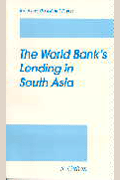
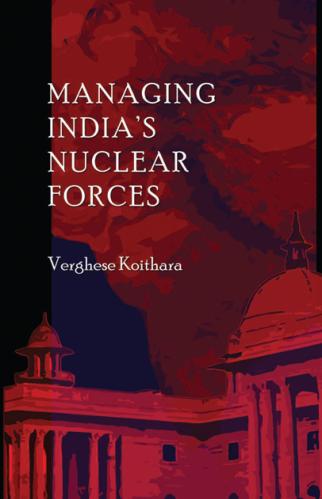
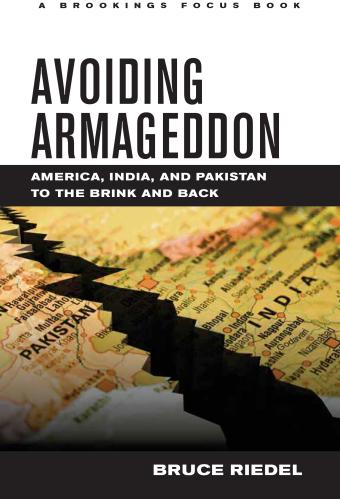
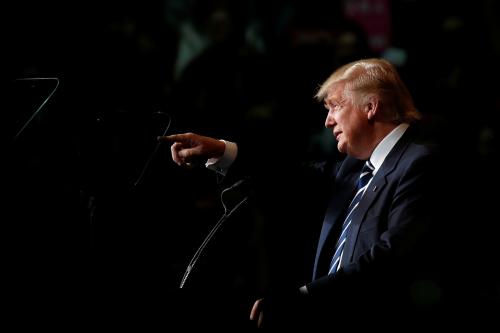

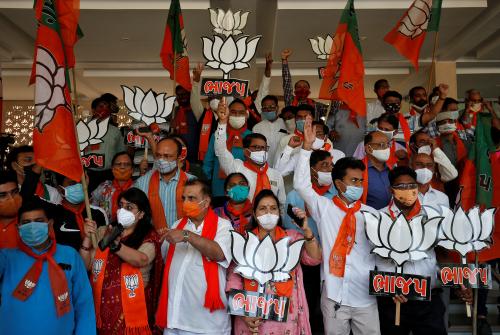
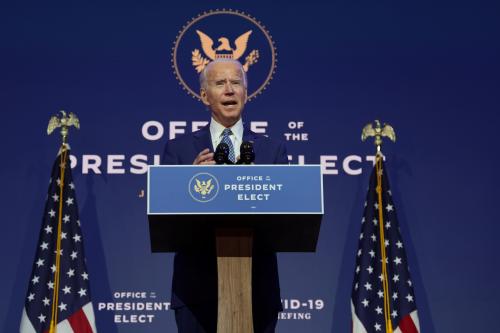
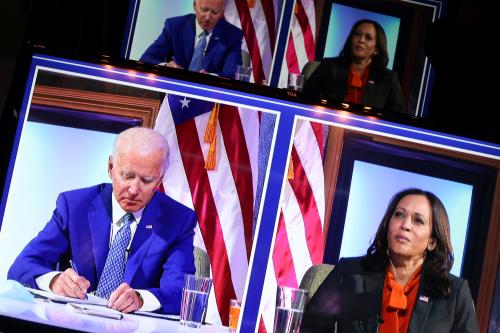
Commentary
Op-edDonald Trump brings uncertainties for India
November 16, 2016